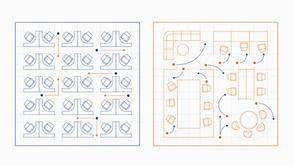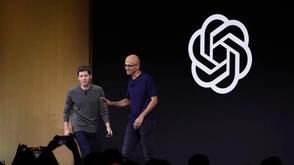Will AI Create or Destroy Jobs?
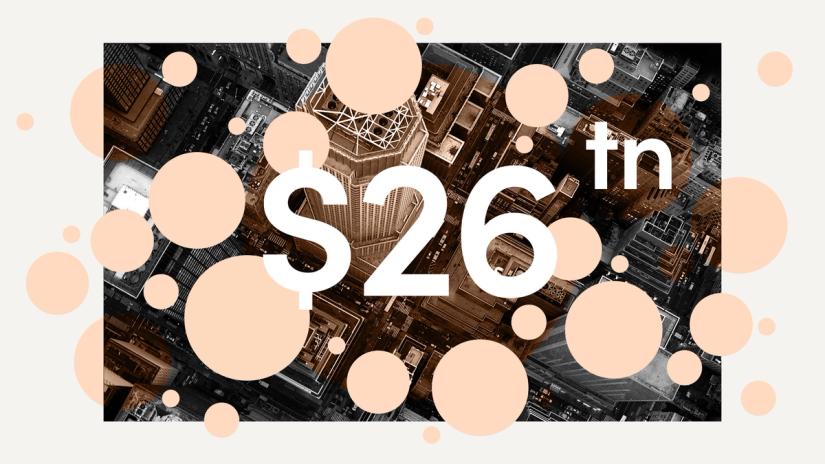
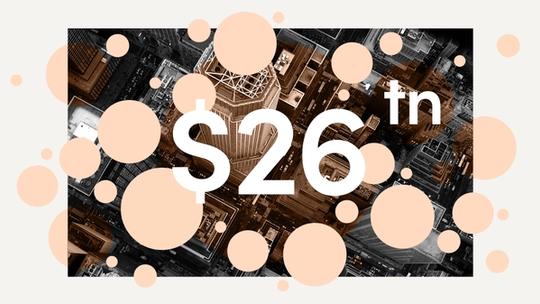
Artificial intelligence is expected to accelerate workforce productivity faster than factory machines did in the Industrial Revolution. Can the global job market keep up?
- AI promises a global productivity boom that could exceed the magnitude of gains seen during the industrial revolution.
The advent of the steam engine, power loom, spinning jenny and cotton gin catalyzed extraordinary productivity gains during the industrial revolution that began in the mid-1700s. In the late 20th century, new technology in the form of the internet and World Wide Web heralded an era of global communication and low-cost access to information, accelerating productivity gains further. Today, we stand at the dawn of the AI revolution, which promises a productivity boom of a magnitude never before seen.
New, productivity-boosting tech understandably creates anxiety about job losses and job displacement. These concerns are all the more pressing with AI, given the incredible speed at which it is expected to change the face of work. Nearly 40 percent of jobs globally are exposed to AI, with the figure rising to 60 percent in advanced economies, according to a 2024 report from the International Monetary Fund.
“The bulls say that AI will unleash economic growth on an unprecedented scale, supercharging existing jobs while creating new ones that we can’t yet envision,” Sven Törnkvist, Global Co-Head of EQT Digital, says. “They argue that more jobs have been created than lost during historical tech-led productivity supercycles, as creative destruction replaces stagnant industries and companies with exciting new ones.
“The bears agree that massive economic growth is a near-certainty, but they say that AI is advancing too fast for the job market to keep up. They point out that this time round, AI is replacing brain power, not physical strength – as was the case with industrial machines. This, they say, will lead to job destruction on an unprecedented scale, which could prompt a collapse in consumer spending, deflation and recession.”
Economic growth unleashed
As is often the case when assessing the impact of emerging technologies, forecasts for the global economic growth that will be unleashed by AI vary wildly. One from the consultancy McKinsey, for example, puts it as high as $26tn annually by 2040, and another, from Goldman Sachs, pegs it at $7tn by 2033, whereas some sceptics believe it could be much lower.
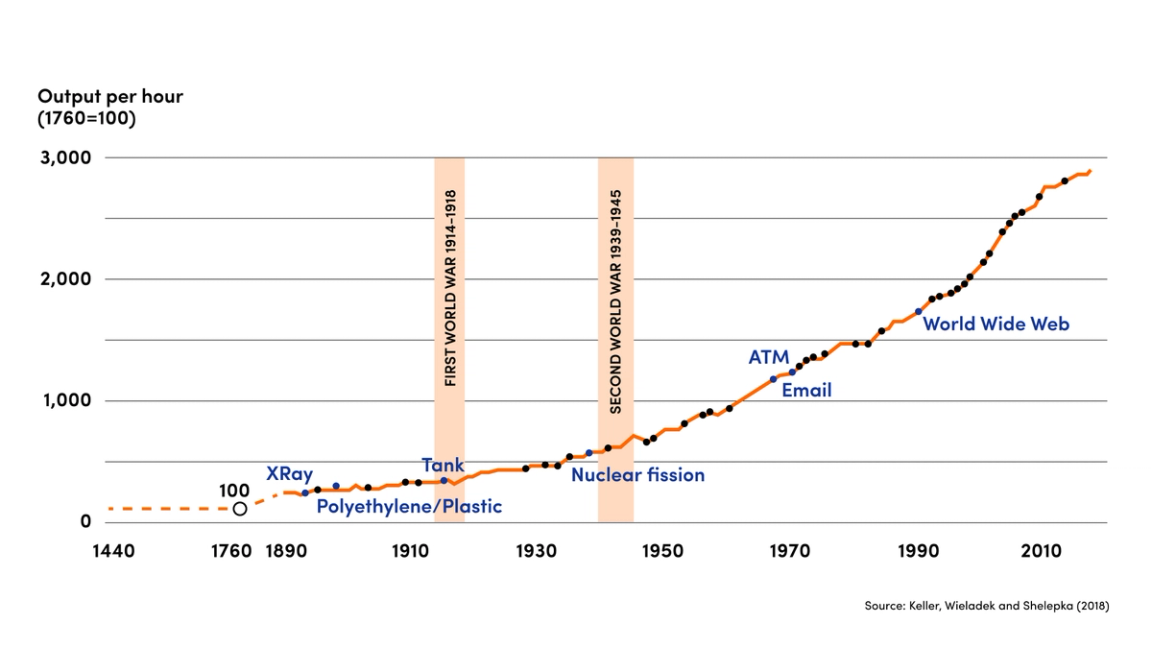
But the effects of AI on the job market are already being felt in some industries. The number of entry-level software development job postings in the U.S. has collapsed since OpenAI released ChatGPT in late 2022, reversing a pandemic-era boom, according to data from Indeed.
“Today, anybody can be a software developer, because AI makes it so much easier for non-specialists to write code,” Alexander Fred-Ojala, Head of AI for EQT Ventures, says. “My wife hadn’t been anywhere near programming in her life, but in the last few months she’s used AI to build several apps.
“Of course, the effects of AI extend far beyond software development. Almost any work we do in front of a computer can now be automated as long as there are patterns that AI can recognise. Repetitive tasks in Word, Excel and PowerPoint, online research – those sorts of things.”
Fred-Ojala says AI is likely to be a “huge force” in creative work, too. “Human ingenuity and creativity have already been baked into AI models. Today, I can prompt an AI to create a song I actually enjoy. AI video creation has come on leaps and bounds in the last few years – with some programs, you can now create Hollywood-grade movies. We’re seeing the same leaps in AI image and graphic creation. We’ve been given these AI superpowers all of a sudden, and we as workers need to learn how to collaborate with them.”
AI job displacement
Researchers at the Federal Reserve Bank of St. Louis said in August that the U.S. labor market “may be witnessing the early stages of AI-driven job displacement.” They found that higher AI exposure correlated with rising unemployment in particular industries, while cautioning that the data did not show cause and effect. And a recent study by Stanford University found that jobs for workers aged 22 to 25 in the sectors most exposed to AI had slumped by 13 percent since late 2022.
However, the picture is clouded. Recent research from Columbia University concluded that AI has not yet displaced jobs. Meanwhile, a study by the University of Chicago showed “minimal” positive economic impacts from AI chatbots and suggested their findings “challenge narratives of imminent labor market transformation” from generative AI.
“There’s a huge, divergent range of scenarios for how the AI revolution could play out in geopolitics, the global economy, and the job market,” says Sophie Walker, Senior Adviser for Sustainability and Responsible AI at EQT.
Walker says that we as citizens need to educate ourselves about using AI in a thoughtful manner. She also argues that policymakers from both public and private sectors need to work together to articulate what jobs we will need to fill in the future, and what we should be teaching our children in school right now.
“This would make people feel less worried about the future job market,” she says, adding: “Whatever happens, one thing is clear: we must ensure that AI is in the service of humans and not the other way round.”
ThinQ by EQT: A publication where private markets meet open minds. Join the conversation – [email protected]
On the topic ofTechnology
Exclusive News and Insights Every Week
Sign up to subscribe to the EQT newsletter.



